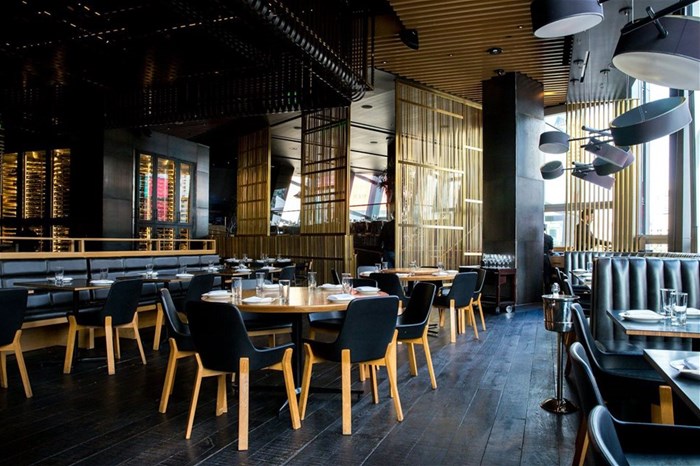Franchising is often seen as an easy way to start, own and run a business. But while franchising has definite advantages, buying a franchise is certainly not a guarantee of long-term financial success.
According to Henk Botha, franchise development manager: Restaurants and QSR at FNB, a franchise is a business, like any other, and it needs to be approached in the same way as one would a self-standing startup enterprise.
“Franchisees cannot rely on the franchisor to make their businesses a success,” Botha explains, “they need to take a hands-on approach throughout the lifetime of the franchise store, but especially in the early stages of establishing the operation – which is the point at which mistakes can be the costliest.”
Choose the most appropriate property
Botha points to one key moment in the early franchise establishment stage as being identifying the most appropriate property and then negotiating favourable lease terms. He outlines some of the most important considerations for new franchisees at this pivotal point in their franchise journey.
He emphasises that drawing from the franchisor's disclosure document should be the first step in the property acquisition journey. This document is a franchisee's compass, detailing the financial performance of existing outlets and setting clear expectations for new ventures.
"Any franchisor worth their salt will have hard numbers available to franchisees on what portion of turnover should feasibly go towards rent,” he explains, “and this level of detail is vital in informing the franchisee's property rental decisions."
While every franchise will be different, in the dining sphere, Botha says that franchisees starting sit-down restaurants and QSRs should aim for between 6% and 10 of turnover as a maximum rental for their properties.
The type of rent structure a franchisee opts for can also greatly influence their business's early viability. Botha sheds light on the important difference between a fixed rent base and turnover-based rent.
"With a fixed rent, the initial rental period might be financially strenuous, but as turnover increases, it becomes more manageable,” he explains. “Conversely, turnover-based rent is less burdensome at the start, but could eat into profits as the business grows."
Negotiate a hybrid rental modelM/!>
The strategic move, according to Botha, is to try and negotiate something of a hybrid rental model, starting with a low fixed rent and then shifting to turnover-based rent once predetermined sales milestones are achieved.
The intricacies of setting up the franchise store is another area where Botha urges franchisees to pay close attention. He explains that while the landlord provides the space, it is the franchisee who must invest in its transformation.
"Negotiating with landlords to contribute to the fit-out of a space can significantly offset initial costs. However, it's vital to ensure these contributions are genuine investments into your business's future, not just deferred expenses that will later be recouped at a high cost," he warns.
Botha advises franchisees to seek financial advice to secure the most advantageous funding deal for space alterations and upgrades so that these costs won't compromise future profitability.
Role of the franchisor
Botha also highlights the critical role of the franchisor during lease negotiations.
"It's the franchisee's responsibility to identify and negotiate the property lease, but doing so without the franchisor's insights is a missed opportunity,” he says, “and involving an experienced franchisor in your lease negotiations is not only a requirement of some franchise agreements, it’s also a way of avoiding potentially expensive pitfalls that could have a massive knock-on impact on your business in the longer term.”
He says that a partnership approach, not just to lease agreements, but all aspects of the franchise business, can provide franchisees with a vital edge by aligning their lease terms and business practices with the proven models within the franchise network.
"A franchise may come with a blueprint that you can follow for success, but it's the hands-on, strategic decisions early on that often separate thriving and successful businesses from the rest," Botha states.
He notes that franchisees are not just buying into a brand; they are assuming the helm of a venture where every decision, especially those in the early stages, can have profound financial implications.
“A well-negotiated lease can be the bedrock of your franchise's long-term growth and profitability, he concludes, “so it’s definitely worth your while to approach it with due care and attention, and preferably with the support and guidance of your franchisor and the experts at your financial institution."
































